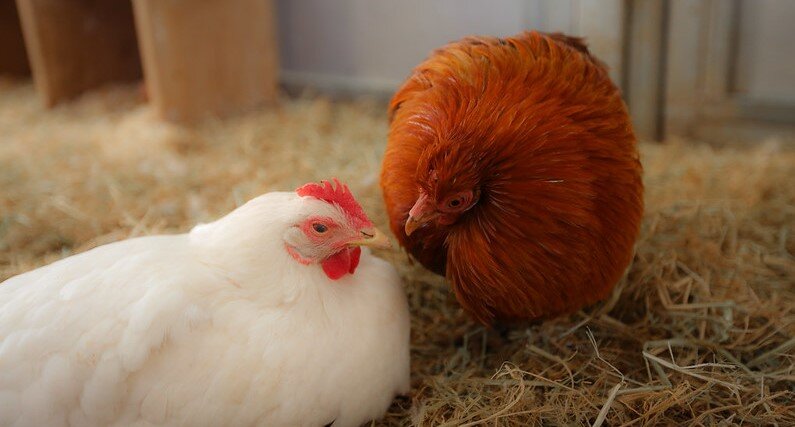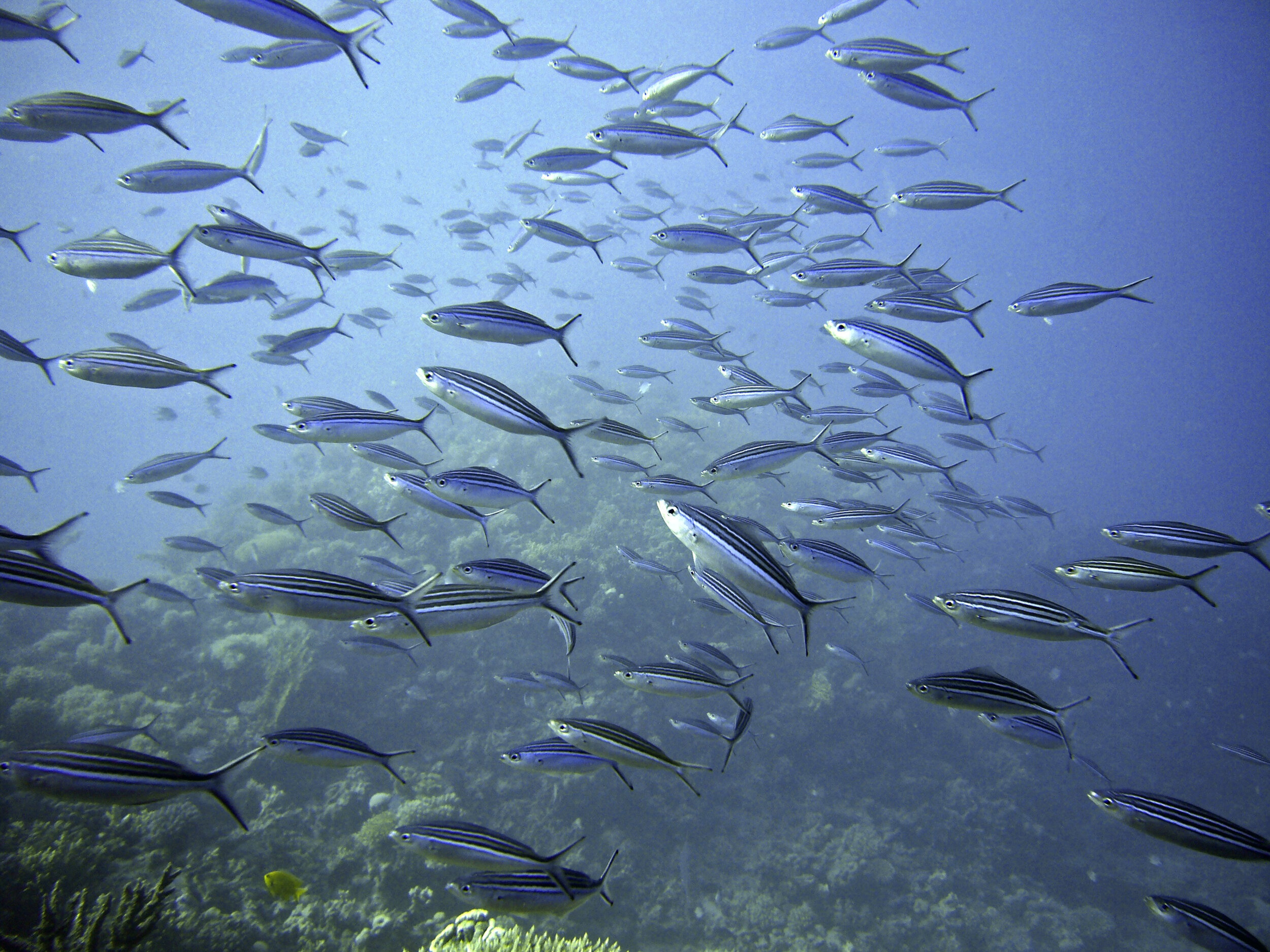
WHY ADOPT A POLICY
Animal shelters, environmental protection organizations, wildlife rescues, and social justice organizations are increasingly adopting plant-based menu policies. There are many reasons why your organizations should
adopt one too! Read more about it here:
Why Animal Shelters and Rescue Organizations are Adopting a Plant-Based Menu Policy
Be a Humane Leader in the Rescue Community: Our society expects animal protection organizations to set the bar when it comes to humane standards. Farmed animals suffer tremendously on farms and when they are slaughtered, so it makes sense for animal welfare organizations to adopt policies that don’t support this suffering. As a humane leader, it is your responsibility as an organization to operate as compassionately as possible.
Truly be “No-Kill”: Nearly one million dogs and cats are killed in shelters across the United States annually, yet more than 80 billion land and sea animals are killed for food each year [1, 2]. Do your part to reduce the number of animals killed unnecessarily by adopting a plant-based menu policy for your events.
Recognize All Types of Companion Animals: Many people identify farmed animals as companions, such as rabbits, chickens, pot-bellied pigs, goats, and other species. If any of these animals came into your shelter, you would certainly provide them with the same level of care you would the more typical companion dogs and cats. As a rescue organization, where do you draw the line between those you love and those on the plate at your events?
Learn more about how animal agriculture affects the lives of farmed animals, the environment, wildlife, and human welfare by reading the Why Plant-Based page.
Why Environmental Organizations are Adopting a Plant-Based Menu Policy
Fight Climate Change: More studies are discovering that animal agriculture is one of the leading causes of climate change. More than half the world’s greenhouse gas emissions are produced by animal agriculture [1]. This is more greenhouse gas emissions than all forms of transportation combined including cars, trains, airplanes, and ships [2]. Serving a plant-based menu proves you are on the cutting edge of environmental science and fighting climate change.
Reduce Your Ecological Footprint: Raising animals for food requires an immense amount of resources such as water, land, and grain. Animal agriculture uses 55% of fresh water in the U.S., 45% of Earth’s land, and 50% of grain worldwide [2]. Omitting animal products at your event is one of the easiest ways to reduce your ecological footprint.
Protect the Environment: Animal agriculture has an enormously negative impact on the environment, including deforestation, habitat destruction, ocean dead zones, biodiversity loss, significant reduction in freshwater, and worldwide greenhouse gas emissions [2]. Adopting a plant-based menu policy aligns with your mission of protecting the environment.
Learn more about how animal agriculture affects the lives of farmed animals, the environment, wildlife, and human welfare by reading the Why Plant-Based page.
Why Wildlife Organizations are Adopting a Plant-Based Menu Policy
Reduce Biodiversity Loss: Raising animals for food and growing feed crops leads to the destruction of unique and delicate habitats. Over 90% of the Amazon Rainforest is destroyed because of animal agriculture [1], which means habitat loss for about 50,000 plants, insects, and animal species each year [2]. People look to wildlife organizations to protect animals to their greatest ability. Adopting a plant-based menu policy will address the loss of global biodiversity.
Protect Wildlife: Farmers needlessly kill wildlife as a form of predator control. This includes coyotes, wolves, foxes, bears, eagles, and many other threatened or endangered species [3]. Both farmed animals and wildlife species have the capacity to feel joy, pain, and fear. With a plant-based menu for your events, not only will you extend your compassion to farmed animals, but you will protect wildlife.
Save Marine Life: Animal agriculture harms marine life species and our ocean. In the fishing industry, large nets that are intended to catch fish will also catch endangered species such as sea turtles, dolphins, and sharks [4]. These marine life species are considered by-kill, meaning they are unwanted and killed [1]. In addition, the waste from livestock seeping into rivers and the ocean has created over 500 ocean dead zones worldwide [2]. This is an area where ocean ecosystems and marine life cannot survive because there is a lack of oxygen [5]. Show your supporters that you protect marine life by serving plant-based foods at your events.
Learn more about how animal agriculture affects the lives of farmed animals, the environment, wildlife, and human welfare by reading the Why Plant-Based page.
Why Social Justice Organizations are Adopting a Plant-Based Menu Policy
Slaughterhouse Workers are Exploited: Slaughterhouses will often hire workers who are low-income, people of color, and undocumented immigrants [1]. Workers are forced to work long hours with little to no breaks in unsafe conditions in exchange for low wages. With constant pressure to work faster while using dull knives, workers are susceptible to serious injury or death [2]. These workers are likely to develop chronic pain and PTSD [3].
Animal Agriculture Affects Low-Income Communities of Color: Slaughterhouses are strategically placed in low-income areas where the majority of its members are people of color [4]. Waste from livestock seeps into nearby water sources and pollutes the community. As a result, those living near a slaughterhouse will often suffer negative health effects [4].
Animal Products are a Public Health Threat: Studies show that animal products such as meat, dairy, and eggs are directly linked to heart disease, type 2 diabetes, and cancer [5, 6, 7]. Additionally, those who consume animal products are more susceptible to foodborne illnesses such as E. coli and salmonella [8]. Low-income people of color are the most affected by these health issues since there is less access to fresh produce and more fast food restaurants placed in their communities [9].
Learn more about how animal agriculture affects the lives of farmed animals, the environment, wildlife, and human welfare by reading the Why Plant-Based page.
Align Your Menu With Your Mission
SERVING Plant-Based FOODS AT YOUR EVENTS DISRUPTS THE CYCLE OF HARM
Join the growing number of nonprofits who are adopting a plant-based menu policy! Serving plant-based meals at your events shows your supporters that you extend your compassion to all animals and humans and that you’re addressing the leading cause of environmental destruction. We’re here to help! We offer event resources, grant opportunities, and will even draft a menu policy for you. What are you waiting for? Adopt a policy now!













